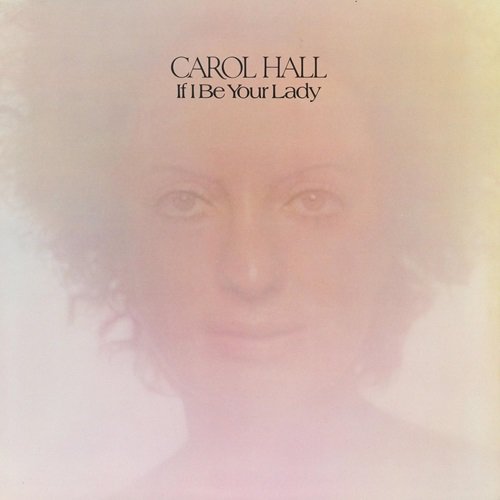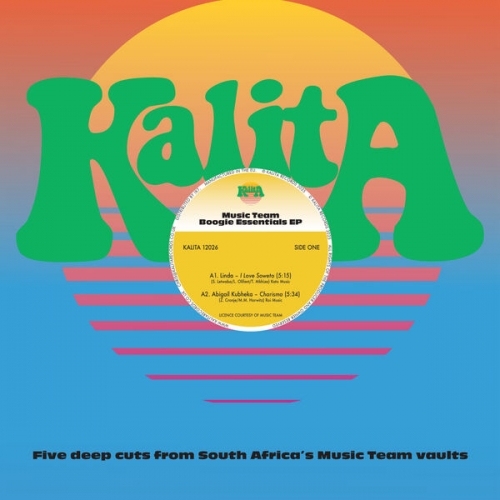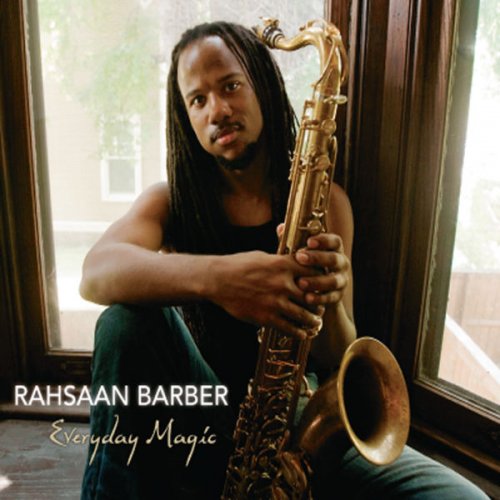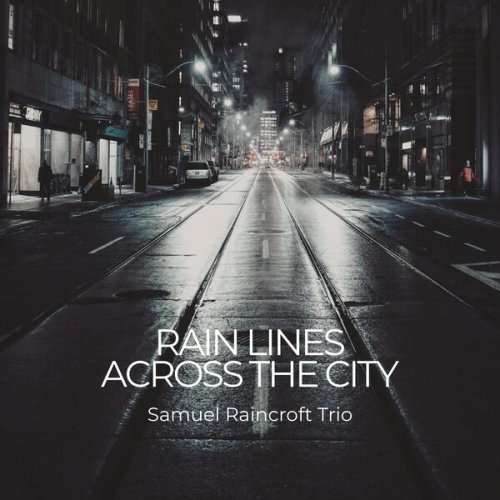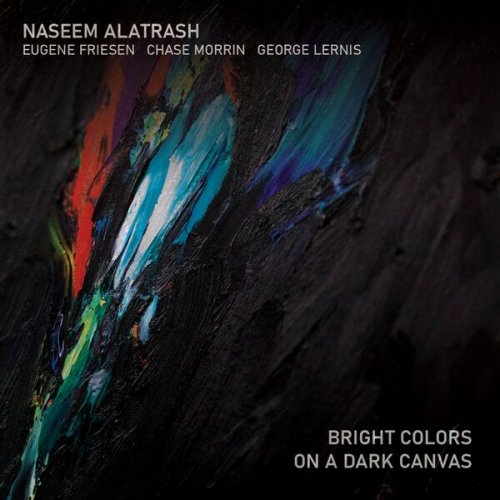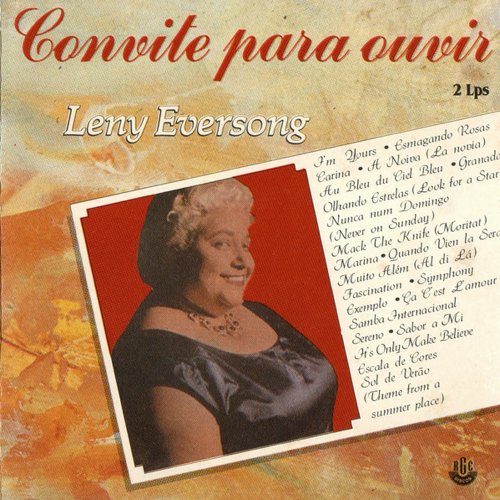Red Fish Blue - The Sword and the Brush (2013)
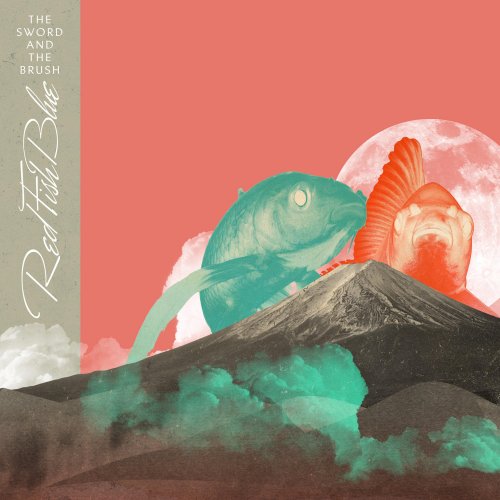
Artist: Red Fish Blue
Title: The Sword and the Brush
Year Of Release: 2013
Label: ABC Jazz
Genre: Jazz
Quality: FLAC (tracks) / MP3 320 Kbps
Total Time: 01:18:27
Total Size: 471 / 199 Mb
WebSite: Album Preview
Tracklist: Title: The Sword and the Brush
Year Of Release: 2013
Label: ABC Jazz
Genre: Jazz
Quality: FLAC (tracks) / MP3 320 Kbps
Total Time: 01:18:27
Total Size: 471 / 199 Mb
WebSite: Album Preview
1. Umi No Irowoshita Bara 09:02
2. Sangria Y La Luna 07:36
3. Colin Mccahon 06:25
4. Black and Blue 10:11
5. Unrequited 07:54
6. Hacksville 06:37
7. Weeping in the Forest 10:08
8. Ballad of the Cranes 06:54
9. Chill 06:07
10. For All We Know 07:33
One of the most mesmerising subjects for underwater filming can be not the fish but the swirling plant-life. Those slow-motion dances in which the flora waves and sways are conjured by the opening ‘Umi No Irowoshita Bara’ on this brilliant new Red Fish Blue album.
It has been a long time between swims for Red Fish Blue: 11 years, to be precise. In that time pianist Sam Keevers, bassist Brett Hirst, drummer Simon Barker and percussionist Javier Fredes have all grown as artists; have all become even more content let the music live without finicky interference. Keevers’ ‘Uni No Irowoshita Bara’ (‘Ocean Coloured Rose’) works because of this exquisite minimalism, or perhaps ‘miniaturism’ is better, because everyone works with such tiny brush strokes against the swaying rhythmic vamp maintained by the piano and bass. When Barker takes the foreground, for instance, he somehow accentuates just how dreamy this piece is, rather than making it hard and real and cluttered.
As on the previous album, Deep (Jazzhead, 2002), the project is centred around sparseness, lyricism and soft-focus, Latin-infused rhythms at slowish tempos. Keevers’ ‘Sangria Y La Luna’ is about as close as this band comes to ‘jolly’, and even then Hirst’s bass solo has an ephemeral sense of sadness, and the energy is stored up, as if by a kinetic device, for the percussion feature, on which Fredes astutely still keeps a tight lid.
Hirst’s ‘Colin McMahon’, a delicate ballad, is lent a certain gravitas by the extraordinary placement of Barker’s bass-drum punctuations. Keevers reminds us that he is capable of improvising with a lightness and sheer prettiness that is all but unmatched in this country. Fredes paints insect-like halos of sound around the other instruments, while the composer remains a picture of restraint on a piece worthy of being written by Kurt Weill.
Fats Waller’s ‘Black and Blue’ slots right into this compositional company, and Hirst’s solo again has a wistfulness about it, while for the rest of the piece the bass almost becomes a third percussion voice. Keevers solos with that sly sense of how to let a melody melt across the rhythm which is generally the province of octogenarian Cuban pianists.
‘Unrequited’ has a cumulative effect. Simple, soulful, slow-moving and repetitive, it as close as Red Fish Blue comes to creating ambient music. Although a brave exercise in restraint, it is probably the album’s least striking track. By contrast Keevers’ ‘Hacksville’ arrests one from the first notes with its chunky rhythm and a melody carrying playful echoes of Thelonious Monk. Keevers is at his most effervescent, while the three members of the rhythm section keep themselves on a tight leash, and, rather than straying into the piano’s jazzy territory, come on like a backing track from a Tom Waits record.
The title alone suggests that something special being in the wind when they undertake Archie Roach’s ‘Weeping in the Forest’. Barker’s brushes rustle (with more deftly placed bass drum accents) and Keevers embarks on an elegiac solo of singular elegance, before Hirst delivers a bass solo brimming with a compositional sense of structure.
‘Ballad of the Cranes’ (Keevers) lives up to its title with graceful piano and a luxuriance to the drums/percussion textures, even though the actual playing remains Spartan. A robust ‘B’ section apart, Hirst’s ‘Chill’ rides on a sinewy bass riff and a back-beat, and beckons jauntier piano from Keevers. Finally they present a masterful reading of the timeless ‘For All We Know’. The piano notes drop like pearls on the thick-pile carpet of brushes, shakers and bass, with the latter featured in what becomes Hirst’s most lyrical solo.
Some listeners may yearn for an occasional change of pace or mood, but that is not what Red Fish Blue is about. This is the musical equivalent of slow food, and will amply repay the patient. Eleven years on and this Melbourne/Sydney collective restores itself to its rightful place near the pinnacle of Australian jazz.
It has been a long time between swims for Red Fish Blue: 11 years, to be precise. In that time pianist Sam Keevers, bassist Brett Hirst, drummer Simon Barker and percussionist Javier Fredes have all grown as artists; have all become even more content let the music live without finicky interference. Keevers’ ‘Uni No Irowoshita Bara’ (‘Ocean Coloured Rose’) works because of this exquisite minimalism, or perhaps ‘miniaturism’ is better, because everyone works with such tiny brush strokes against the swaying rhythmic vamp maintained by the piano and bass. When Barker takes the foreground, for instance, he somehow accentuates just how dreamy this piece is, rather than making it hard and real and cluttered.
As on the previous album, Deep (Jazzhead, 2002), the project is centred around sparseness, lyricism and soft-focus, Latin-infused rhythms at slowish tempos. Keevers’ ‘Sangria Y La Luna’ is about as close as this band comes to ‘jolly’, and even then Hirst’s bass solo has an ephemeral sense of sadness, and the energy is stored up, as if by a kinetic device, for the percussion feature, on which Fredes astutely still keeps a tight lid.
Hirst’s ‘Colin McMahon’, a delicate ballad, is lent a certain gravitas by the extraordinary placement of Barker’s bass-drum punctuations. Keevers reminds us that he is capable of improvising with a lightness and sheer prettiness that is all but unmatched in this country. Fredes paints insect-like halos of sound around the other instruments, while the composer remains a picture of restraint on a piece worthy of being written by Kurt Weill.
Fats Waller’s ‘Black and Blue’ slots right into this compositional company, and Hirst’s solo again has a wistfulness about it, while for the rest of the piece the bass almost becomes a third percussion voice. Keevers solos with that sly sense of how to let a melody melt across the rhythm which is generally the province of octogenarian Cuban pianists.
‘Unrequited’ has a cumulative effect. Simple, soulful, slow-moving and repetitive, it as close as Red Fish Blue comes to creating ambient music. Although a brave exercise in restraint, it is probably the album’s least striking track. By contrast Keevers’ ‘Hacksville’ arrests one from the first notes with its chunky rhythm and a melody carrying playful echoes of Thelonious Monk. Keevers is at his most effervescent, while the three members of the rhythm section keep themselves on a tight leash, and, rather than straying into the piano’s jazzy territory, come on like a backing track from a Tom Waits record.
The title alone suggests that something special being in the wind when they undertake Archie Roach’s ‘Weeping in the Forest’. Barker’s brushes rustle (with more deftly placed bass drum accents) and Keevers embarks on an elegiac solo of singular elegance, before Hirst delivers a bass solo brimming with a compositional sense of structure.
‘Ballad of the Cranes’ (Keevers) lives up to its title with graceful piano and a luxuriance to the drums/percussion textures, even though the actual playing remains Spartan. A robust ‘B’ section apart, Hirst’s ‘Chill’ rides on a sinewy bass riff and a back-beat, and beckons jauntier piano from Keevers. Finally they present a masterful reading of the timeless ‘For All We Know’. The piano notes drop like pearls on the thick-pile carpet of brushes, shakers and bass, with the latter featured in what becomes Hirst’s most lyrical solo.
Some listeners may yearn for an occasional change of pace or mood, but that is not what Red Fish Blue is about. This is the musical equivalent of slow food, and will amply repay the patient. Eleven years on and this Melbourne/Sydney collective restores itself to its rightful place near the pinnacle of Australian jazz.

